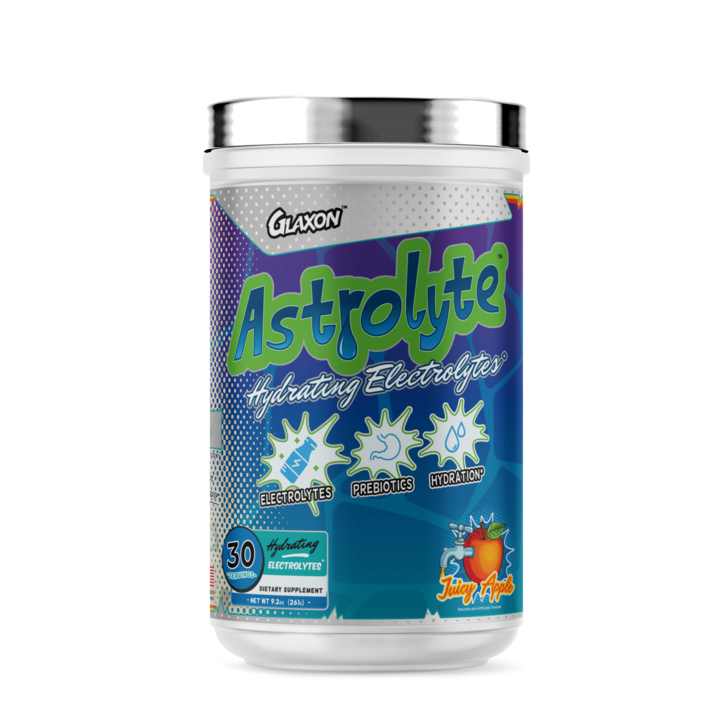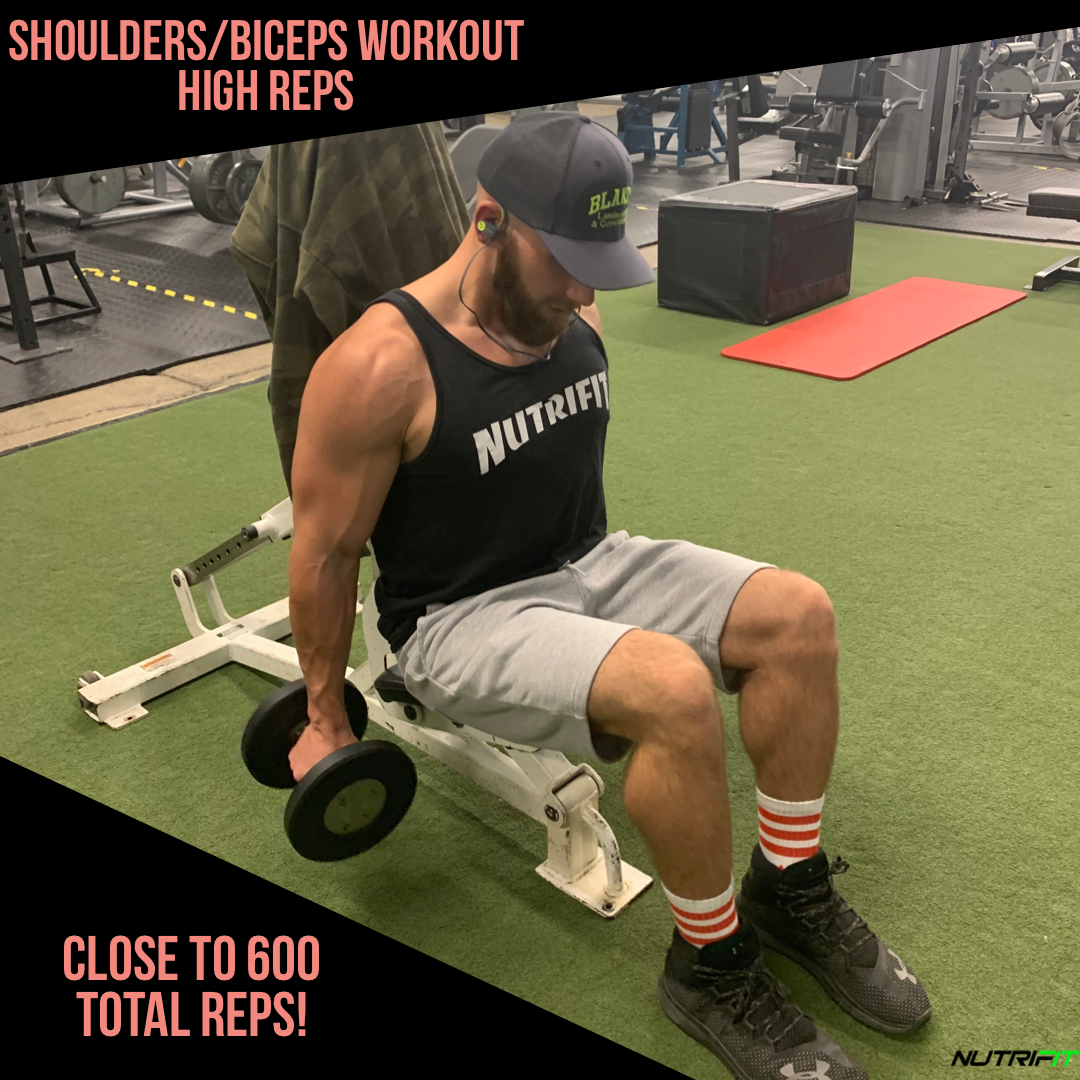Hydration is a critical part of building muscle, athletic performance and overall health. We will focus solely on building muscle since it's a typically goal for most people going to the gym on a regular basis. When you are adding lean muscle tissue, chances are you will be cutting down body fat as well. Let's take a look at some of the data on how staying hydrated will help you build muscle.
Dehydration Causes Fatigue
Research shows that something as easy as sitting at a desk can lead to dehydration without visible sweating or exercise. Now think about how fast your body can become dehydrated during exercise or anything active. A person with 2.5% loss of body weight in the form of water can experience up to a 45% loss in the capacity to perform high-intensity exercise.
Here are 4 reasons that dehydration has an adverse impact on athletic performance:
- Reduction in blood volume– Dehydration can cause an increase in blood pressure. This occurs because dehydration reduces blood volume, your body then has to compensate by retaining more sodium in the blood. When the blood becomes more concentrated and thicker it is more difficult to circulate causing your heart to work harder.
- Decreased sweat rate- Sweat is one of the ways our bodies regulate temperature and is made up of about 95 percent water. If you aren’t taking in enough water, you aren’t able to sweat. When the body cannot effectively regulate temperature you are putting yourself at an increased risk for heat stroke and heat exhaustion.
- Decreased heat distribution- Dehydration limits cardiovascular and thermoregulatory responses. This leads to an increase in core temperature. For every 1% decrease in body weight as water there in an increase in core temperature of .10 to .40 degrees Celsius.
- Increased rate of muscle glycogen use- Muscle glycogen concentrations decrease during prolonged exercise or athletic activity. Glycogen serves as a form of energy storage. Depleting glycogen contributes to muscle fatigue.
So with reduction in performance because of being dehydrated, you will most certainly be burning less calories, pushing less weight in the gym, and cutting your workouts/exercise short.
Excess Muscle Damage
There have been multiple studies showing that there is an increase of Exercise Induced Muscle Damage (EIMD) when the body is dehydrated. This means that not only are you likely wearing down faster, but recovery time may take longer as well. As stated above, this would result in fewer repetitions in the gym, less power and stamina, and most likely less overall performance.
Longer Recovery Time
With the increase of muscle damage during exercise, recovery time will typically be extended as well. This is not always the case being that there can be many variables at play here, but chances are you will need more time.
Protein synthesis is a key part of the body's recovery process and requires that the muscles are well hydrated. If you are dehydrated following a workout, the protein synthesis that rebuilds muscles will be slowed and subsequently will delay your recovery from the workout.
In addition, water is essential to transporting needed nutrients to the muscle cells, and, more importantly, in maintaining electrolyte balances. Electrolyte imbalance is one of the main reasons why our muscles get weak and cramp.
Conclusion
Hydration plays several roles in your overall performance, the amount your muscles are damaged during workouts, and your recovery time. All of these components will hinder your body's ability to build muscle.
You will still be able to, but the process will be much more difficult and most likely be a longer process as well.
I would try to drink around 1 gallon of water per day and have additional, electrolytes in your diet. A great way to help you stay hydrated, would be to supplement with Glaxon Astrolyte. An advanced electrolyte/hydration formula that can be used at anytime, by anyone. Check it out below!






Leave a comment
This site is protected by hCaptcha and the hCaptcha Privacy Policy and Terms of Service apply.